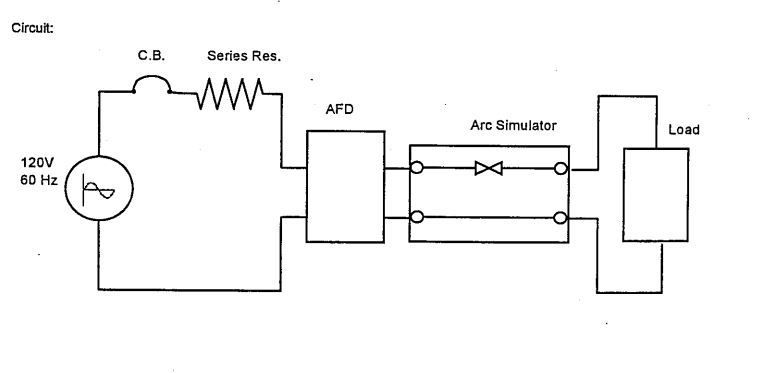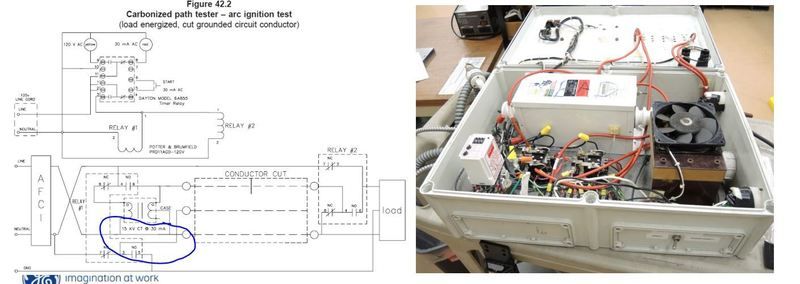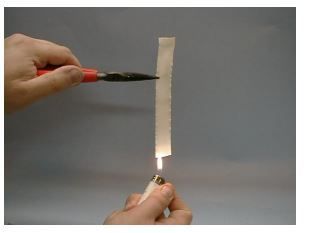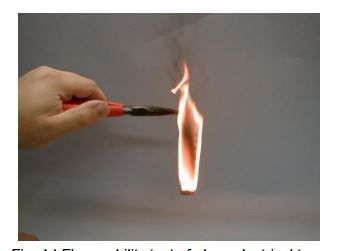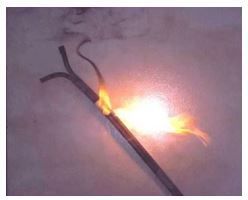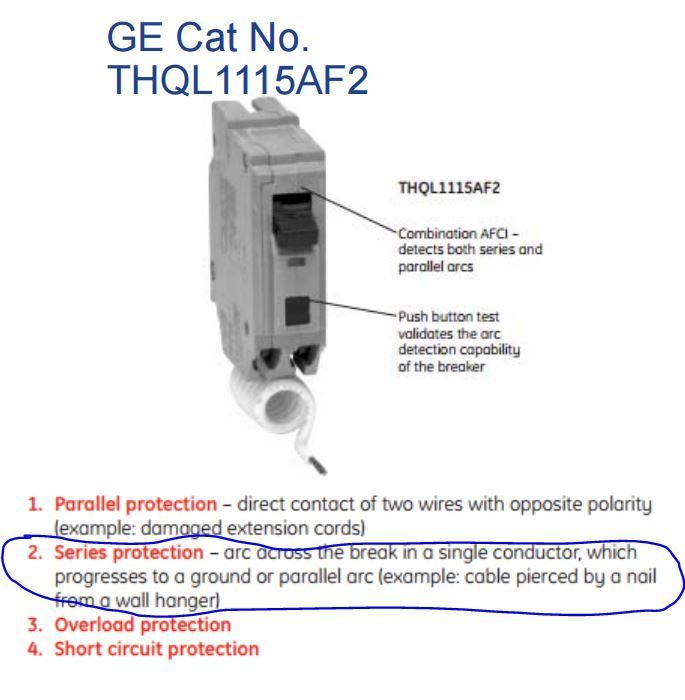The problem with appliances is that it is very hard to predict how it will be used, misused, and abused during it's life.
That is 100% true, however the NFPA should not be punishing the rest of us because a small handful of people are deliberately misusing appliances, or to be blunt in a civil internet forum: being aggressively stupid.
If we really wanted to protect people as such we would have to ban electricity altogether, and even those folks would find some way to put themselves in danger.
And since there are ancillary conditions present with some appliances, the potential hazard is that much greater.
What do you mean by ancillary conditions? What conditions are of concern here?
Anyone who goes to a scrap yard and compares appliances from the 70s, 80s and even 90s to what you typically find on the sales floor in a home center would be mortified. The quality drop is serve and methods used to connect wiring harnesses to electronic controls is very poor.
So if guarding against fire hazard is the intent I can understand that however the manufacturers should be forced to rectify this; not consumers, electricians, the NFPA ect.
The manufacturer of boat hoists or marina equipment, for example, have to meet very stringent design and operational requirements of the associated product standard. Most of the time, this will prevent shock and electrocution to those using this equipment without the need for GFCI protection. The problem is the user and the associated conditions at and around this type of equipment. This is where GFCI protection fills in the safety gap.
So what Im reading is that poorly designed appliances while being misused is the culprit...
So dishwashers, vending machines, drinking fountains, high-pressure spray washers, tire inflation and automatic vacuum machines are other examples of equipment with rather robust and stringent product standards that cannot fully predict the user and conditions of use.
Of course, the only way a drinking fountain, vending machine, tire inflation, auto-vac and pressure washer can harm someone in normal use is through an open EGC. Open EGCs are the result of unqualified personnel and mis-use.
However, the likelihood of misuse, abuse and poor conditions are much greater for these particular types of equipment then most others found in the home and office. This is where GFCI protection fills in the safety gap.
Its the fact all this equipment is metal framed and located in an environment where the body is much more likely to have an impedance low enough to cause harm should it become energized from an open EGC.
If so many statics are taking place then there is a far greater issue. What causing so many machines to have a poor grounding connection?
Also, FWIW a GFCI is far less reliable then an EGC. North American GFCIs have electronics, and coupled with line surges and exterior conditions when placed outside the likely hood of them being operational in 20 years (when a machine is much more likely to develop a fault) is many times greater.

